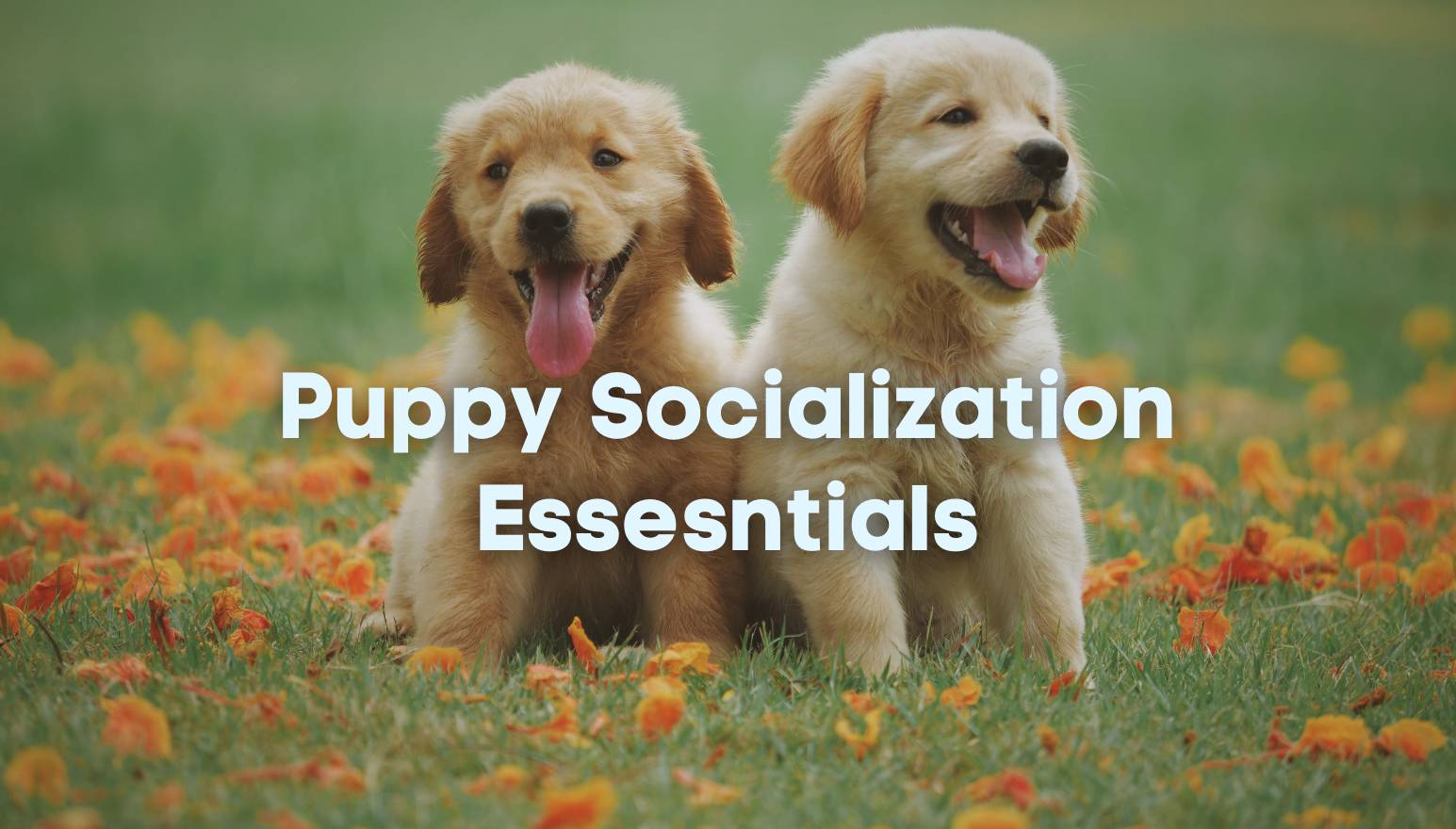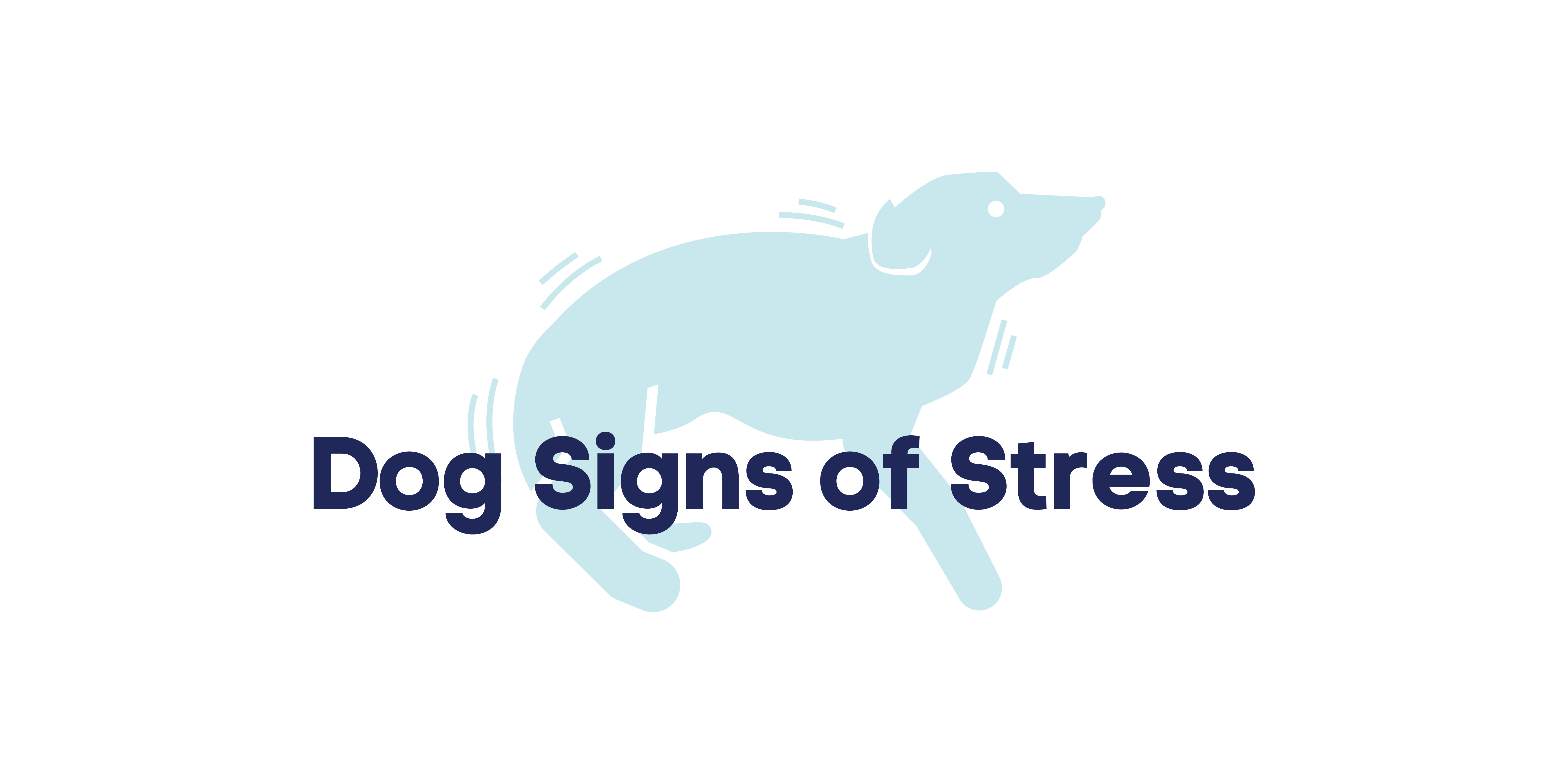by Anna Francesca Bradley

In spite of the various labels commonly assigned to them, dogs do not deliberately set out to make their s’ lives difficult. Photo: Susan Nilson
I’ve lost count as to how many times I’ve heard that Fido is ‘really naughty,’ ‘he’s doing it deliberately,’ ‘he’s trying to spite me,’ or, if an has more than one dog, ‘they’re trying to gang up on me!’ But are these labels in any way helpful? Let’s consider this for a moment.
Ask yourself ‘Why?’ before reacting
The number one point I would like all dog s to consider when their dog is not responding in the way they would like their dog to respond is ask a simple question – why? Ask this question before reacting by ascribing labels to the dog (‘he’s dumb,’ ‘thick,’ ‘just a dog,’ ‘not as good as the previous dog,’ ‘carrying out traits characteristic of certain breed,’ etc.) or worse responding with punishment – think first.
Dogs do not plan to ruin our day!
Contrary to what may sometimes be thought, dogs do not lie in their baskets at night rubbing their paws with glee, planning to leap all over your house guest’s lovely new outfit at the following night’s dinner or ruin your brand new carpet you’ve been waiting for, for weeks. Yes, we all know that these things are infuriating, but ask yourself why did they happen, how could they have been prevented, what could have been done – before blaming the dog. Whilst dogs are undeniably intelligent and there is a lot of research being carried out currently to determine the extent of this intelligence, they lack the mental capacity for deliberate pre-planned delinquency.
So, if your dog is not responding as you’d hoped and you are asking why? What could be the reasons? Of course, they are multitudinous, but lets have a look at some of the most common ones:
Too many distractions
Extremely common of course. If you’re asking your dog to come back to you in the house/garden, and he comes most of the time, then he doesn’t when he’s in the park/woods/beach – why? There’s simply too much competition for your attention. Remember that a dog is highly driven not only by the visuals but by audible and olfactory senses. Whilst you may not see distractions around you, your dog will hear, smell, taste a whole different world. Don’t get cross with him, understand that you need to drop the level of competing distraction for a little while and train at this level, get a good response, then increase the competition.




